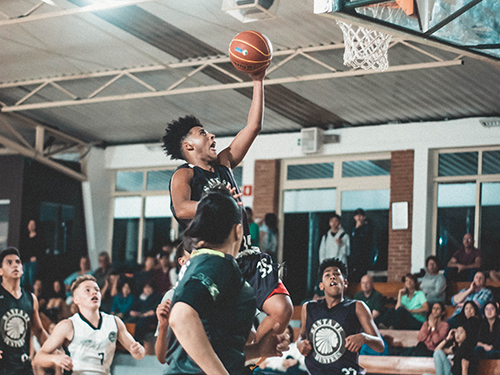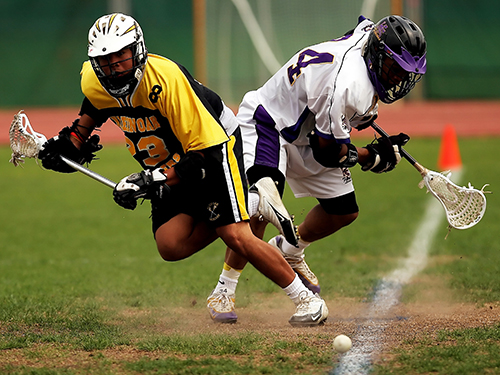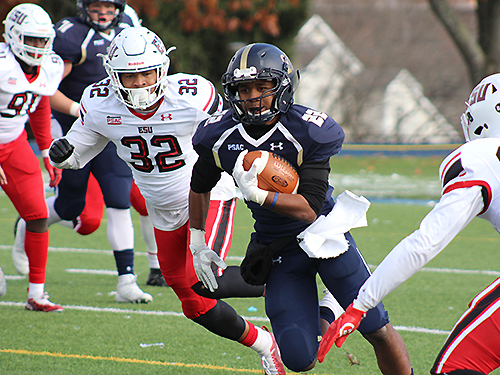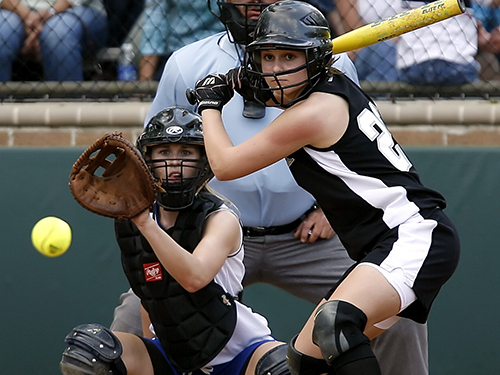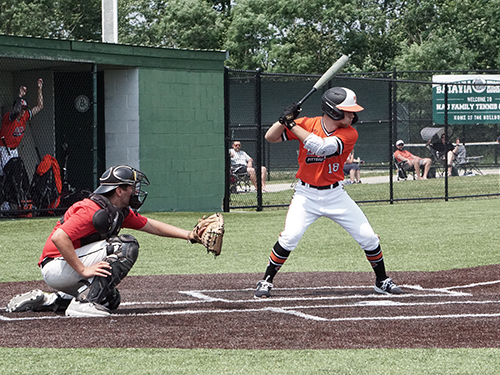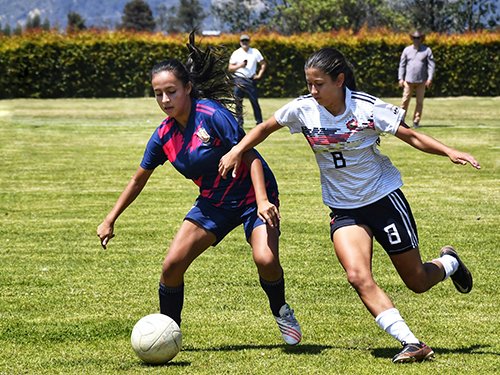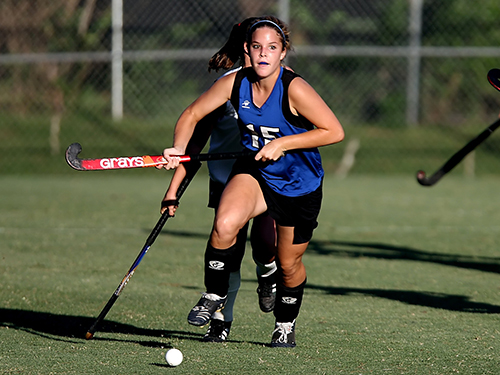Welcome back to the Coach’s Kitchen. Our topic today is sport specialization in youth athletics and the idea of student-athletes playing one sport year-round at an early age rather than playing multiple sports. I will address some notable pros and cons and then, as always, render my opinion.
One of the driving forces behind specialization is the theory that more repetitions lead to the mastery of a skill and achieving subject matter expertise. The prevailing theory here is that it takes at least 250 thousand repetitions for one to master a skill. Therefore, specialization will provide the opportunity for a student-athlete to increase their mastery of a particular skill and increase their odds in receiving a collegiate athletic scholarship.
Conversely, a recent study conducted by Texas A&M University showed that less than 5% of NFL draft picks only played football in high school, leading one to the conclusion that multiple sport athletes are more likely to play professionally. One may also argue that student-athletes should not miss out on the experiences of challenging themselves in different arenas so that they are not afraid of failure and risk. There is also something to be said about the opportunity to gain confidence as an athlete versus simply identifying as a “point guard,” “quarterback,” “goalie,” or “forward.”
A key to building resiliency in children and young people is teaching them the art of being comfortable being uncomfortable. They need to be able to face adversity from multiple fronts in various settings. One may argue that you cannot get that from sport specialization the way you can get it from playing multiple sports, due in large part to the challenges presented by competing in various settings versus competing in the same setting. One must also do a social cost-benefit analysis where appropriate and factor in the importance of providing opportunities for younger student-athletes to engage with various teammates and compete against various opponents in various settings.
The Coach’s Opinion
There is no definitive evidence that proves or disproves the benefits of sport specialization at a young age. The key questions one should ask are the following:
- What is in the best interest of the student-athlete?
- What does the student-athlete want to do?
- Is the student-athlete still having fun? Are they enjoying the sport or is it a means to an end (scholarship)?
A scholarship is undeniably a very important factor, but it needs to be weighed against your student-athlete’s experience. A primary function of athletics in American society has been to help shape the formation of character through sports. That formation of one’s character that occurs in sport is much more important in my opinion than the promise of a scholarship. It is also much more tangible and realistic. So I say let them play as many sports as they want to and can while they have the opportunity.
In short, you need to sit with your student-athlete and conduct your own pro/con analysis based upon who they are and what is in their best interest. In the words of Clemson University Head Football Coach Dabo Swinney, “I am more interested in the 35 year-old version of who you will become than the work in progress you are right now.” In other words, at the end of the journey, what most athletes will value most is not the varsity letter but the journey to acquire it and the memories of the forging of the character, work-ethic and principles they will carry for the rest of their lives.

